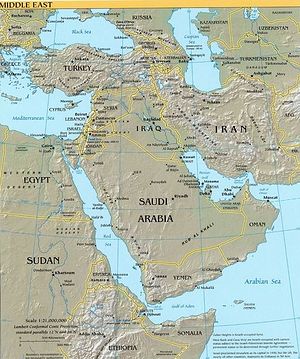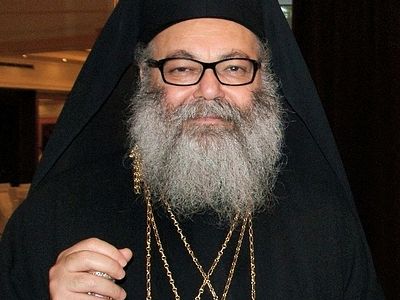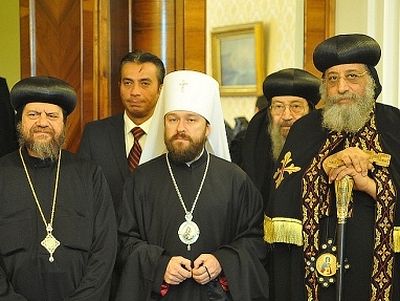October 14, 2013
The year 2014 will be a decisive year in the Middle East, determining whether the region will be dragged even further into protracted violence or a political solution will be agreed upon or even enforced, as suggested by recent American press reports outlining plans for dividing the area into a “new Middle East.” Diplomatic sources in Beirut told The Daily Star the U.S.-Russian deal over Syria’s chemical arms has focused the world’s attention on working out the implementation of the deal, which requires a complex mechanism of enforcement, while Syrian President Bashar Assad has requested additional time to prepare for presidential polls in July.
Most of the international community still insists that Assad has lost his claim to legitimacy and is no longer qualified to stay on as the head of state in Syria. Foreign intelligence reports indicate that Assad enjoys the support of 60 percent of the Syrian people, down from 80 percent at the start of the war.
Most of these reports predict that his popularity will continue to decline from now until the presidential polls, while recognizing that the growing fear of Al-Qaeda and other takfiri groups could counteract this trend by giving Assad a boost.
Sources suggest that Syria is entering what is likely to be a lengthy constitutional vacuum, which may embolden these extremist elements, or allow Assad to renew his grip on the country. Meanwhile Western countries warn of the fate of minorities amid the chaos raging in Syria and elsewhere in the region.
Wadih Khazen, the president of the Central Maronite Council, spoke to The Daily Star following his recent trip to the Vatican.
He spoke of the church’s desire to increase support to Christians living in the Middle East, and the particular concern of Pope Francis toward the fate of Christians in the region given the rise of takfiri movements that target Christian holy places.
Khazen said Vatican officials expressed sorrow and concern for Eastern Christians, who represent Christians throughout the world, and occupy an important place in the eyes of the Catholic Church.
Khazen also claimed that the Vatican had played a major role in influencing U.S. foreign policy over the past seven months, pushing Washington toward political, peaceful solutions to regional crises and the Syrian crisis in particular. The Vatican and the pope are keen to preserve the Christian presence in the region, whether Catholic or Orthodox, especially after the huge exodus of Christians from Iraq, Khazen said.
In Egypt and Syria, Christians face unprecedented threats, Khazen went on, pointing to the recent military operations in the Syrian Christian town of Maaloula. As a result, he said, the Vatican was keen to avoid exacerbating the violence, and successfully pressured the U.S. and its allies to back down from their threat of military strikes following the chemical attack on the Ghouta. The church also sought to convince the U.S. to put pressure on their Israeli allies to ease the conditions leading to many Palestinian Christians from Jerusalem, Bethlehem and Nazareth to emigrate.
Khazen claimed that the Vatican was in constant contact with the White House to discuss the fate of Christians in the region and means of protecting them from the rising threat of fundamentalism. Russia has also emerged as a strong advocate for Christians in the Middle East, harkening back to the days of the Czar when Russia was the patron of Orthodox Christians in the region, he added.
Khazen reported that a special Vatican task force had been formed to straighten out Christian affairs in the region, hinting at a possible papal visit to Lebanon during his next tour of the Middle East. Vatican officials have even discussed holding a fundraising conference to support the Christian presence in the area.
The Daily Star
By Antoine Ghattas Saab




